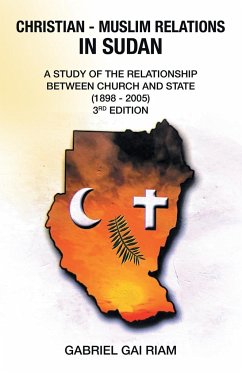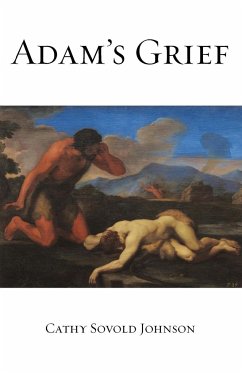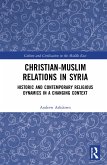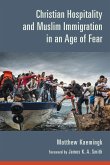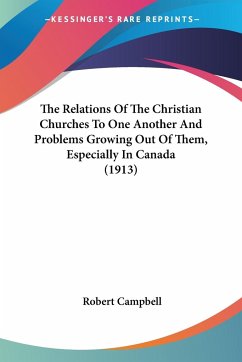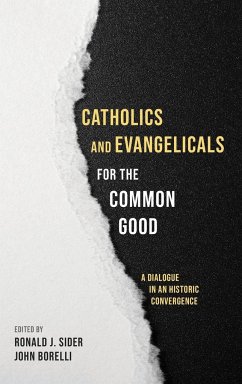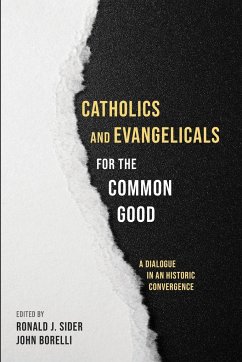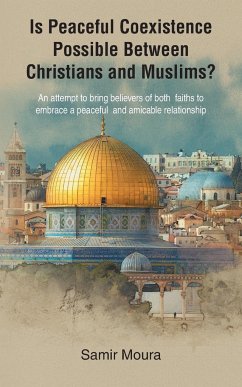¿ This book examines relationship between Sudanese Churches, either as denominations or as ecumenical bodies and the successive central government in Khartoum - Sudan. In this context, and for the propose of this book, church state relations therefore focus on constitutional, political and social aspect of Christian -Muslims relations. The author used the term theologically with reference to the challenges that face Sudanese religious communities to find theological resources in their respective traditions. ¿ The book advances four main arguments: firstly, both Christianity and Islam in Sudan have allowed themselves to become polarized by political, ethnic and cultural factors; secondly, the policy of successive governments and military regimes since independence has been to deploy Arabisation and Islamization as means of national unity; thirdly, both Christianity and Islam have ethical and theological resources that can contribute to national reconciliation and lastly, that the African traditionalist have theological resources that can contribute to consolidate peace building mechanisms among the Sudanese communities. ¿ The objective of the book is to contribute to an understanding of the complexity of the factors that have strained religious communities to enable them draw lessons that can contribute to the challenge of reconciliation and peace building within Sudan as a nation. ¿ The book is recommended as essential reading for everyone seeking to understand these complexities of the historical and theological resources of the Sudanese religious communities involved around the subject.
Hinweis: Dieser Artikel kann nur an eine deutsche Lieferadresse ausgeliefert werden.
Hinweis: Dieser Artikel kann nur an eine deutsche Lieferadresse ausgeliefert werden.

